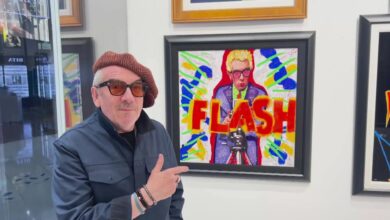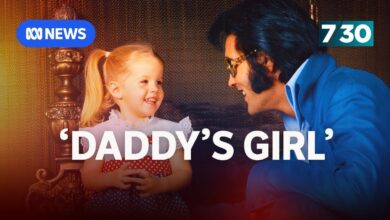Elvis loved watching his old films except the one that caused him agony for his whole life
Elvis Presley could not watch the film where "he did his best work as an actor" because one scene caused him too much pain for the rest of his life, for very personal reasons.
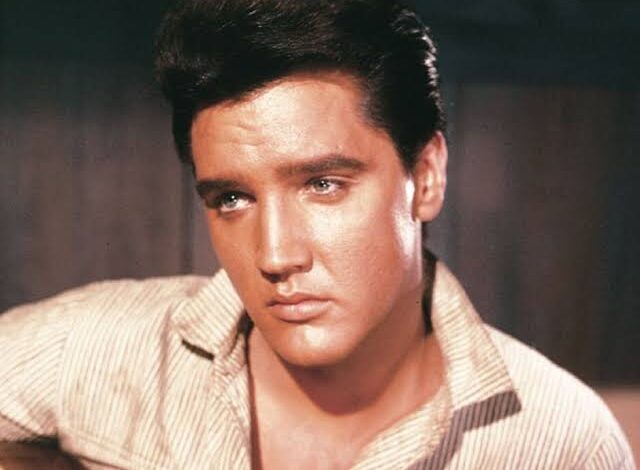
Elvis loved movies. He had worked as an usher in his teenage years, idolizing the likes of Tony Curtis and dreaming of being on the big screen himself one day. After he rocketed to fame in 1955, he was mobbed everywhere he went, so he would hire entire movie theatres for late night screenings where he and his friends (and girlfriends) could sit back and relax in peace.
He also became one of the biggest box office stars from the mid-1950s into the early 1960’s, making 31 feature films. Later in his career he would watch them back. All except one, which caused his so much personal pain he found it impossible to face. The King was certainly privately unhappy with some of his films, feeling their plots were increasingly predictable and shallow, but this was not the case here.
Its director said: “It was probably the best job that Elvis did as an actor,” and recalled beautiful, happy personal moments on set. Moments that would turn to devastating pain.
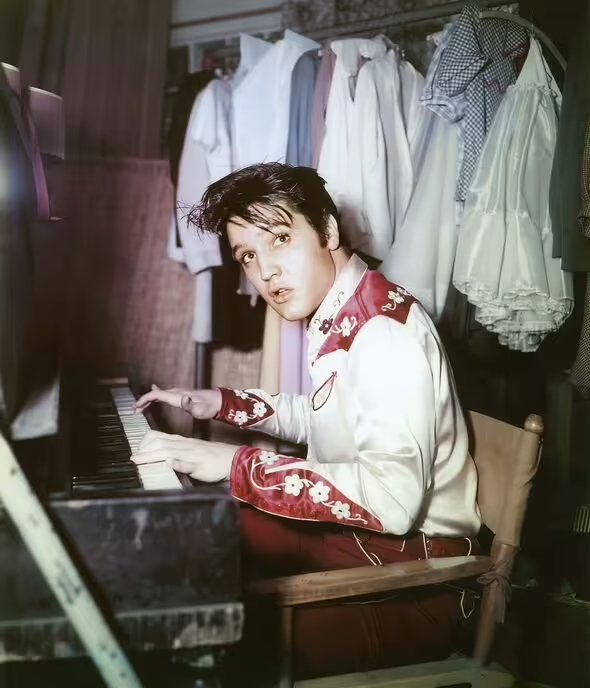
In this week in July 1957, Loving You was released. It was Elvis’ first proper starring role. His first film was 1956’s Love Me Tender, where Richard Egan had top billing, although the film’s title was changed from The Reno Brothers after the Love Me Tender single became the first ever to pass one million sales (it eventually doubled that).
Loving You was also shot in glorious Technicolour and Wally Westmore, the make-up supervisor, was the one who realised that ‘with his eyes he should photograph well with black hair’, so The King’s naturally light brown hair was dyed and remained that colour for the rest of his life.
Hal Kanter wrote and directed Loving You and described working with Elvis in a 1995 interview with the Writer’s Guild Foundation: “It was probably the best job that Elvis did as an actor. It was an interesting and lovely experience. He was a gentleman. He was a lot of fun and a hard worker, conscientious and a sweet man. I enjoyed working with him.”
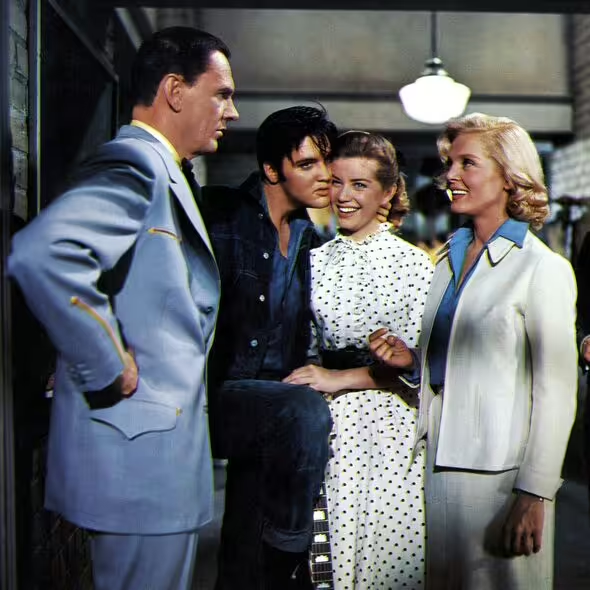
Kanter said: “One evening, we were shooting on the back lot of Paramount, and his parents were there when we wrapped up the day’s shooting and I said, ‘How would you like to be in the movie?'” He ushered them in front of the camera and encouraged them just to stand and chat with their son. He said: “The stuff that we shot is very rare footage that somebody has somewhere and nobody has been able to find it, and it’s worth a fortune…
“The following day, we showed them the rushes and they were delighted to see themselves on the screen. I said, ‘Let’s use them in the films itself.’ And there is a shot in Loving You, and they’re sitting on the aisle where Elvis comes dancing down and singing, and you see his mother and father clapping.” You can see Elvis dance in front of his mother Gladys, who is dressed in blue, and look lovingly at her as she extends her arm to him from 1.03 in the clip from the film below. Later, it would absolutely break his heart.
Looking at the scene, you can see Gladys’ excitement and pride as she watches her son’s dreams coming true, while he looks back at her with devotion. It’s a powerful, touching real moment captured forever on film. They were always extraordinarily close. Elvis was born on January 8, 1935, but his twin brother Jesse was stillborn. Gladys also lost her mother ‘Doll’ that year to tuberculosis, and family members noted she was unusually protective and fearful around her new child. This would never go away, with the pair even developing their own private baby language that they never stopped using.
Gladys had slept in the same bed with her son until he was 13 and Elvis never spent a night away from the family home until he was 17, later saying: “My mama never let me out of her sight.” She found it terribly difficult when his career took him first on the road locally, and then further away and, soon after, to Hollywood. His sudden wealth brought them beautiful homes, but the shy Gladys felt trapped inside and, like her son, turned to alcohol and prescription drugs.
Gladys’ greatest fear was always losing her son, so she was devastated when he received his military papers in December 1957, at the height of his early fame. Her sadness is clear in the pictures with Elvis in his military uniform and seeing him off to training camp. Her health was already failing and she soon deteriorated. On August 10, 1958, she was taken to hospital after driving back with Vernon from Fort Hood in Texas where their son was taking advanced tank training.
Elvis rushed home on August 13 and his mother died of a heart attack the following day. She was just 46. At the funeral three days later, Elvis sobbed uncontrollably and said: “Goodbye, darling. We loved you. Oh God, everything I have is gone. I lived my life for you. I loved you so much.” Elvis’ Blue Hawaii co-star Joan Blackman said: “After his mother died, he was never young again. It was like part of him died with her. I was worried about him, even to the point of wondering if he could survive without her.”
Kanter added: “I was told that after his mother died, Elvis never wanted to see Loving You again. He used to run all of his old films but never Loving You. It was too much for him, missing his mother.” Loving You had represented a wonderful idyllic moment when Elvis still dreamed of being a serious actor, and was able to share it with his parents. Unfortunately, the extraordinary reaction of his fans to the film and its songs shaped the way the industry would perceive and use him, building almost all future projects artificially around him, and increasingly around his music for the lucrative soundtracks.
Two decades later, Elvis collapsed and died on August 16, 1977, the anniversary of his mother’s funeral.
